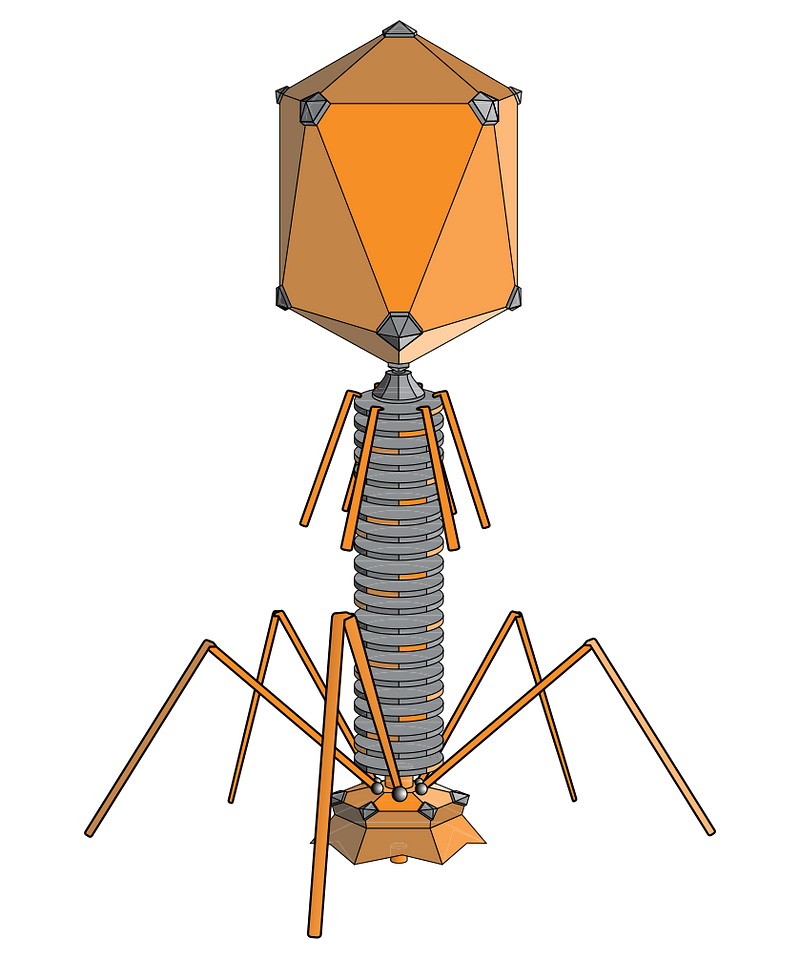Understanding the Role of Soap in Combating COVID-19
Written on
The Importance of Handwashing
Throughout my childhood, I often heard reminders from my parents about the necessity of washing my hands. In light of the COVID-19 pandemic, this advice has resurfaced with even greater urgency.
Hand hygiene is perhaps the most frequently recommended measure for protection against this virus, echoed by various authorities. Even in regions where formal restrictions aren't imposed, the message remains clear: maintain cleanliness, especially after interacting with others or going outside.
While washing hands effectively removes visible dirt, assessing its impact on unseen viruses and bacteria poses a challenge. In previous discussions, I explored the fate of bacteria post-cleaning, whether through antibacterial soap or hand sanitizer.
The science behind how soap destroys coronavirus - YouTube This video delves into the mechanics of how soap interacts with viruses, particularly COVID-19.
Does Antibacterial Soap Fight Viruses?
One intriguing question arises: Can antibacterial soap combat viruses like COVID-19? Does hand sanitizer have any effect, or is traditional soap sufficient to tackle this virus?
To clarify, let's first examine the nature of viruses and bacteria. Bacteria are simple, single-celled organisms, akin to water balloons filled with DNA and proteins, encased by a delicate membrane.

This image illustrates a bacteriophage, a virus that targets bacteria. Unlike COVID-19, which possesses a lipid (fat) envelope, this virus features a rigid protein coat.
Viruses, though simpler, can vary significantly. They typically consist of DNA or RNA surrounded by a protective layer, which may be a protein coat or a lipid membrane, like that of COVID-19. This lipid layer acts as a protective barrier; if it becomes compromised, the virus cannot survive.
There are various methods for disrupting these membranes, including osmosis, electricity, or exposure to surfactants. Soap, a well-known surfactant, plays a critical role here.
The Science of Soap
Soap molecules have a unique structure resembling a tadpole, with a polar head that attracts water and a non-polar tail that repels it. When mixed with water, soap molecules attach to dirt and microbes, allowing them to be washed away.
When soap interacts with the lipid membranes of bacteria or viruses, the non-polar tails penetrate these layers, leading to their disintegration. This action effectively neutralizes the pathogens.
Alcohol functions similarly by infiltrating the lipid membrane, causing it to rupture. For COVID-19, it's essential to note that the soap itself is what disrupts the virus, rather than any additional antibacterial additives that may be present.
Are Antibacterial Soaps More Effective?
Interestingly, there is no advantage to using antibacterial soap against COVID-19. These soaps often contain triclosan, an additive that impedes bacterial function. However, studies have shown that antibacterial soaps are no more effective than regular soap in terms of efficacy against viruses.
In summary, all soap types can effectively eliminate bacteria and viruses with lipid membranes, like COVID-19. However, they do not work on viruses encased in protein coats. Alcohol also disrupts these lipid membranes, leading to pathogen destruction.
The 20-Second Handwashing Rule
The guideline to wash hands for at least 20 seconds lacks definitive evidence. However, it is widely accepted that a longer washing duration enhances effectiveness, allowing soap to permeate and dismantle the membranes of any present pathogens.
When selecting soap, focus on those that create lather and bubbles, as these properties indicate their ability to act as molecular surfactants, thereby neutralizing bacteria and viruses.
Sam Westreich, a geneticist specializing in gut microbiome research, currently works with a bioinformatics startup in Silicon Valley. Follow him on Medium or Twitter at @swestreich.
Have a science question? Feel free to suggest a topic for future exploration, or check out this related piece:
Aspects of the science of Covid19 #3 RACI webinar - YouTube This webinar discusses various scientific aspects of COVID-19, enhancing understanding of the virus.